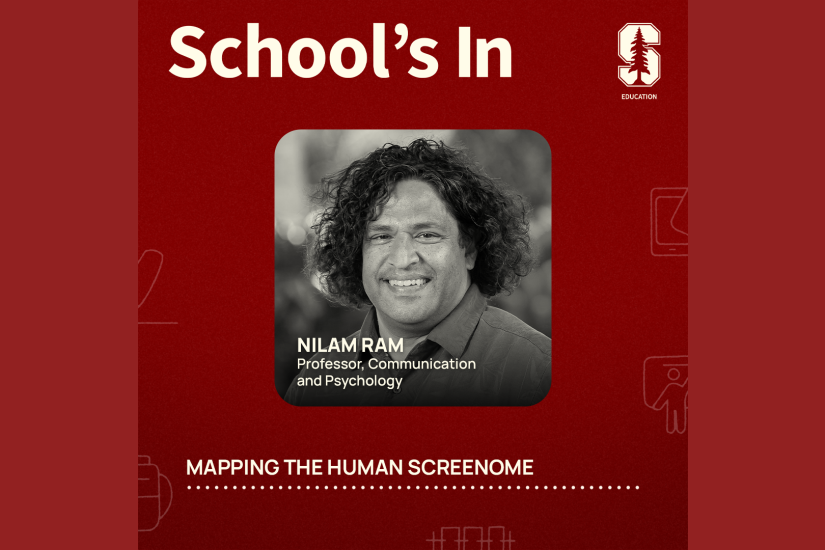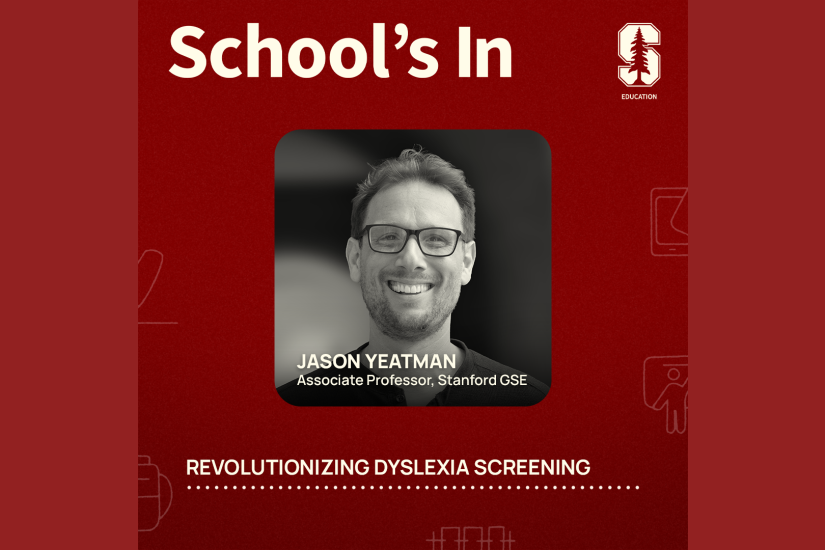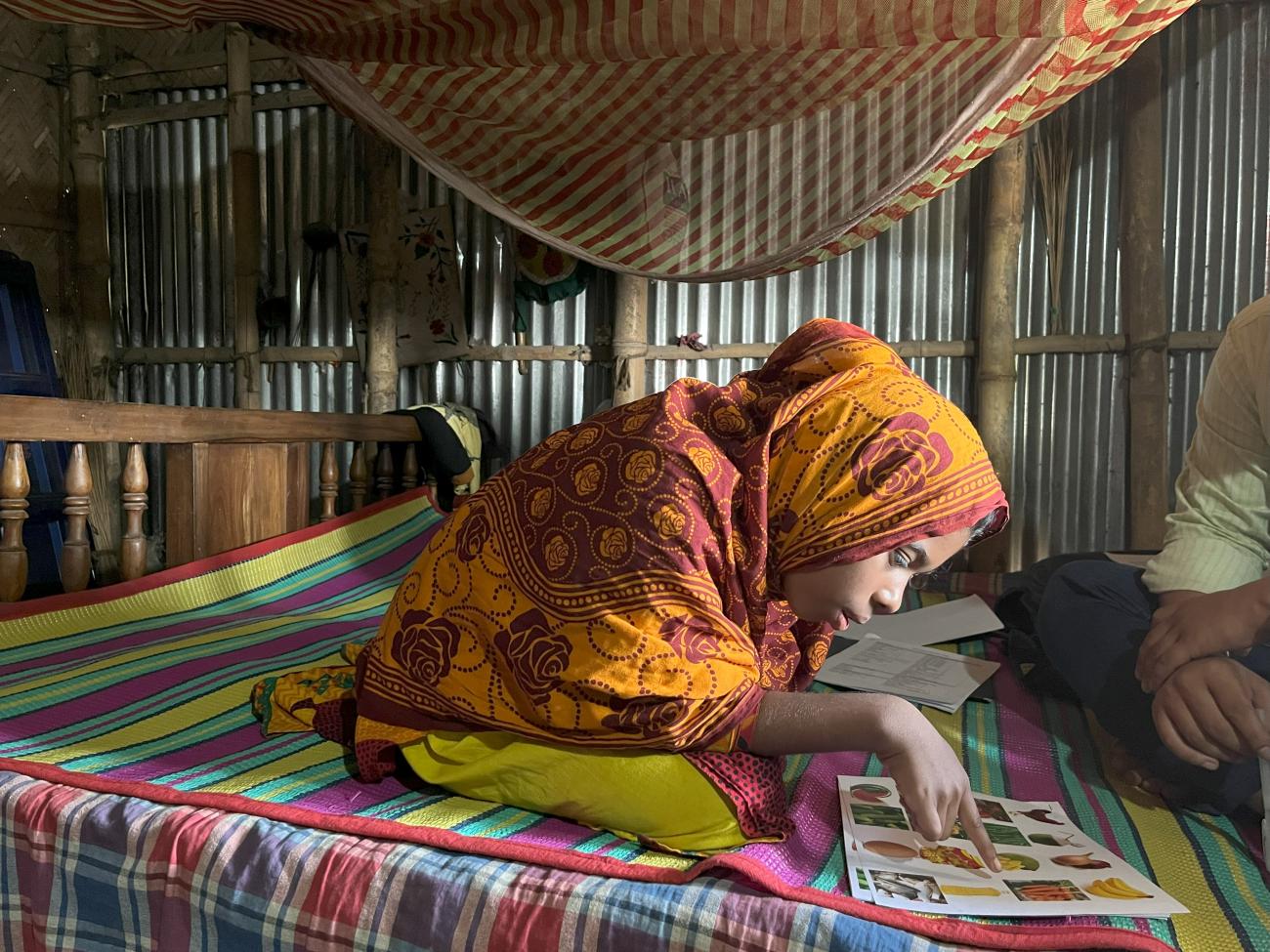
New Stanford initiative aims to close a culture gap in measuring kids’ foundational skills
Certain skills are essential for many demands of everyday life, helping us to focus, control impulses, manipulate information in our minds, and shift from one task to another. These skills, known as executive functions (EFs), begin developing in early childhood and are linked to behaviors that serve well into adulthood, from learning to relationship-building.
These skills are considered universal across cultures. But what about the way they’re measured?
Tests used to track children’s development of these skills are often based on assumptions that don’t match cultural norms, producing inaccurate information and making it harder to support kids properly, researchers say. Young people around the world may be identified as having poor EF skills just because they were not familiar with certain parts of the testing protocol.
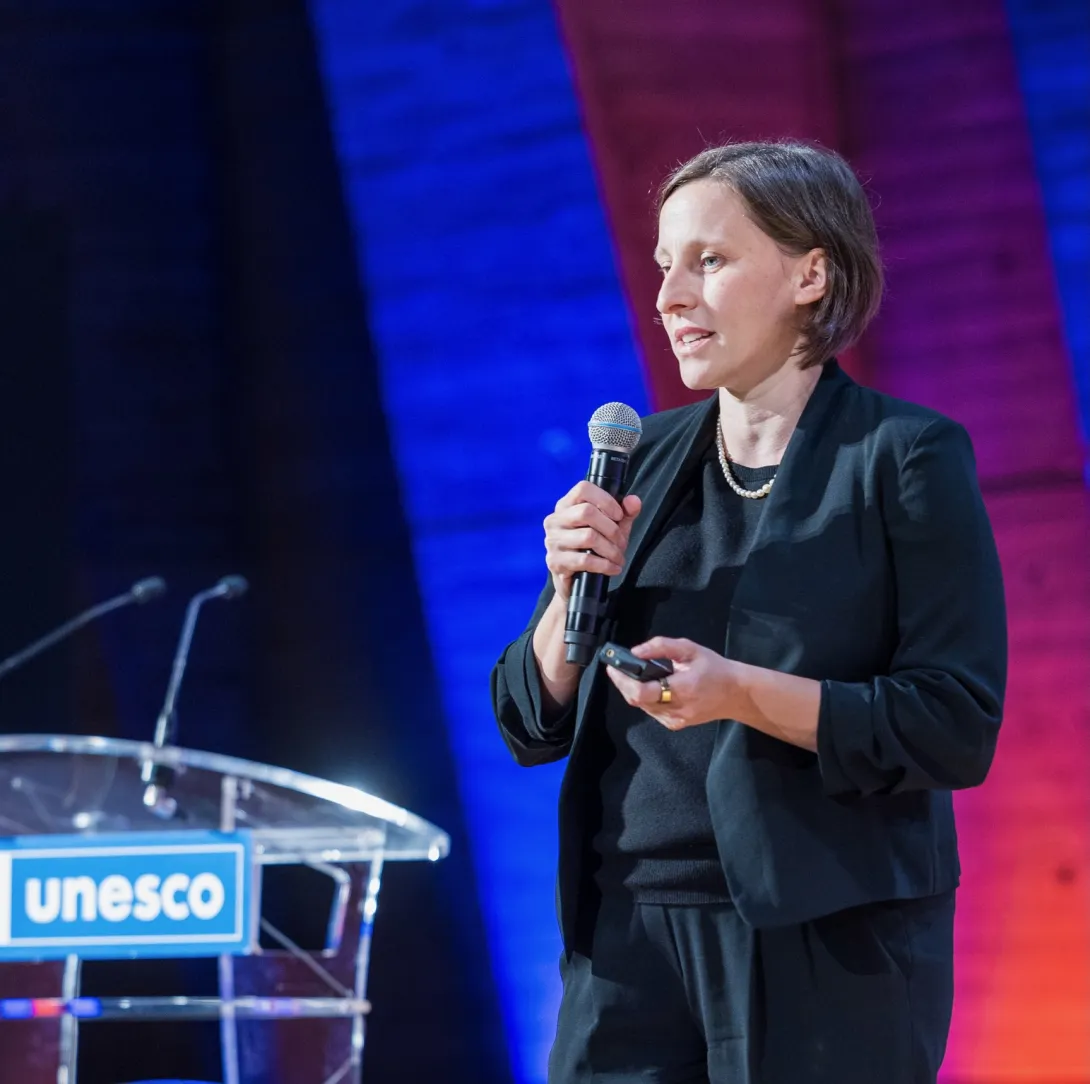
GSE Professor Jelena Obradović spoke about the importance of EFs at a conference at UNESCO headquarters in Paris on Sept. 26. (Photo: Arthur de Tassigny)
“EFs strongly predict how kids thrive in school, and there are many ways to intervene and help them improve these skills,” said Jelena Obradović, a professor at Stanford Graduate School of Education (GSE) and a faculty affiliate of the Stanford Accelerator for Learning. “But to understand where help is needed, we need to know that we’re measuring the right thing. We need assessments that align with their cultural context and everyday experiences.”
Obradović, a developmental psychologist and director of the Stanford Project on Adaptation and Resilience in Kids (SPARK), recently set out to fill that need. A longtime researcher studying EFs in children around the world, she reached out to fellow experts in the field and established the Global Executive Function Initiative (GEFI) at Stanford, a network of scholars working to promote EF development and assessment across cultures.
On Sept. 26, at an international conference on brain sciences, early childhood care, and education held at UNESCO headquarters in Paris, Obradović presented on a panel about the importance of EFs and introduced new guidelines developed by GEFI for adapting assessments to better capture EF skills in children ages 3-12 around the globe.
“These are foundational skills that support any kind of goal-directed behaviors, and they’re going to be important for lifelong learning,” said Obradović. “If we can measure them well, we can promote and improve them.”
Skills for lifelong learning
Executive functioning generally involves three core skills: inhibitory control, working memory, and cognitive flexibility. Inhibitory control includes not only resisting an impulse or habit, but also being able to suppress distractions and focus on a task. Working memory refers to the ability to keep information in mind and use it in various circumstances, such as following instructions. Cognitive flexibility involves the ability to shift attention between various tasks or demands, especially in response to feedback or changes in the environment.
To assess a child’s EF skills, there are two basic approaches: observing children’s actions in everyday settings, where teachers and parents report on behaviors linked to the skills; and direct testing, where children are given a battery of tasks designed to measure different components of EF skills. Both approaches have advantages, Obradović said, but they can also both be tainted by cultural biases.
For starters, measures that work in one culture might not apply to another. A classic way to test children’s ability to control impulses is the marshmallow test, where children are left alone in a room with a marshmallow for a period of time and told they’ll be rewarded if they wait to eat the snack. Researchers are aiming to measure a universal skill – but the way children respond to this specific challenge depends on their culture.
“If you come from a place where waiting for a snack is culturally socialized, where it’s the default, there’s no impulse to inhibit,” Obradović said.
In a 2022 study to measure children’s ability to delay gratification, led by GEFI network member Yuko Munakata, U.S. and Japanese children were asked to wait before eating and before opening a gift. The Japanese children waited three times longer for food than for gifts, while U.S. children waited nearly four times longer for gifts than for food.
Cultural conventions account for the discrepancy, Obradović said. In Japan, children are socialized to wait to eat until everyone is served, a habit less prevalent in U.S. children’s daily life. And in the United States, gift-giving often takes place on special occasions like birthdays and holidays, so kids are accustomed to waiting to receive them – whereas in Japan, children receive gifts regularly throughout the year, with no tradition of waiting.
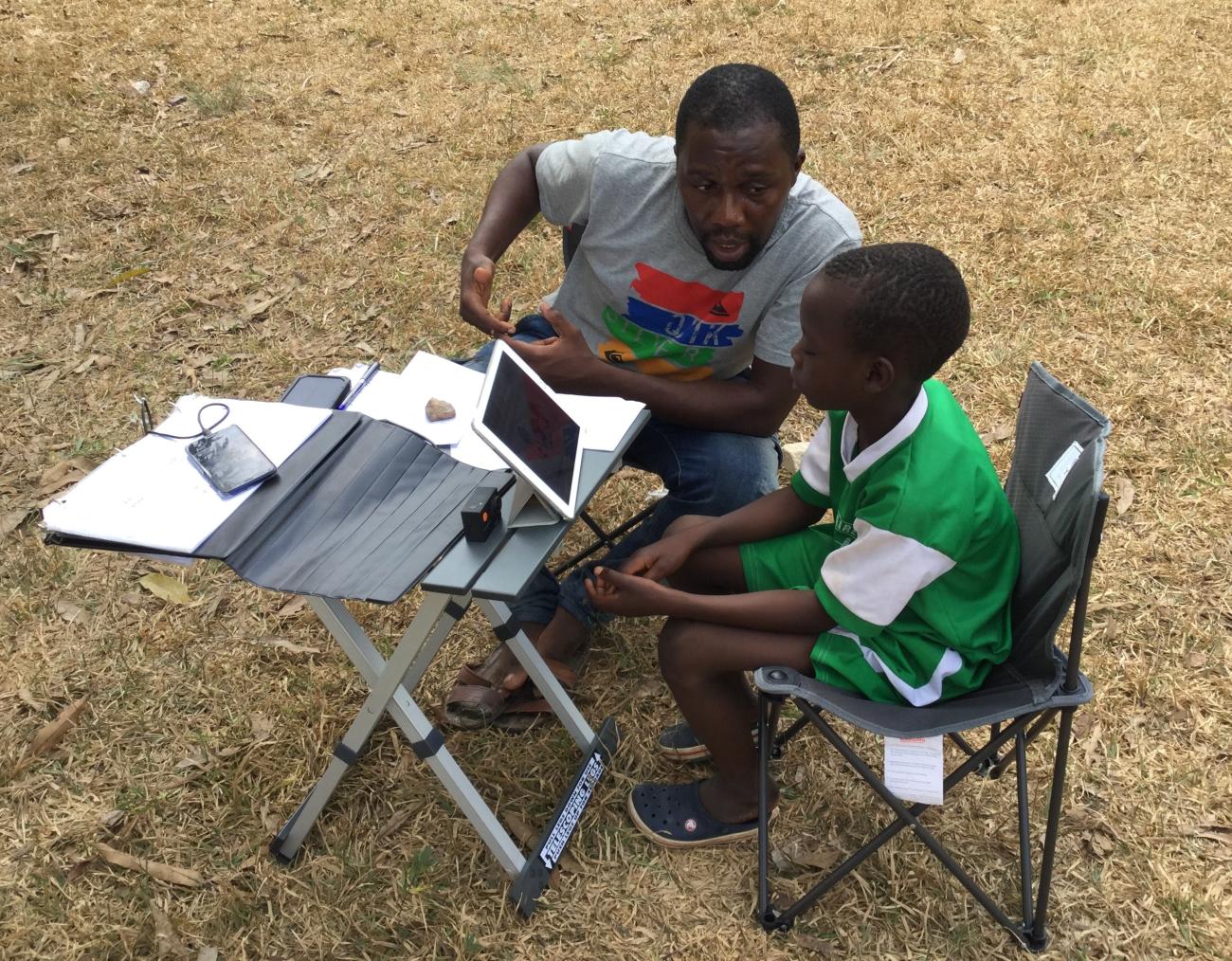
A child in Côte d'Ivoire is given a battery of tasks designed to measure different components of EF skills. (Photo: Michael Sulik)
Biases embedded in testing
Direct testing through tasks, often administered on a computer or tablet, is generally considered a reliable way to measure children’s EF skills, Obradović said. But many assessments have been developed in high-income, western countries like the United States, with cultural biases embedded in the test itself or how it’s administered.
A child’s ability to maintain eye contact when given instructions for a task might indicate their ability to focus, but in some cultures, children may not be socialized to make direct eye contact with authority figures. And “gamifying” tasks is a popular way to engage children and standardize tasks, but it can lead to distorted results.
“Gamelike tasks are a lot more relevant for kids who are schooled or for kids who are from a western context, because they engage in these kinds of one-on-one, game-like educational activities all the time,” Obradović said.
Even interacting one-on-one with an assessor might be an unfamiliar experience in some settings. Young children in low- and middle-income countries especially tend to be inhibited in testing situations and hesitant to interact with strangers, and this reluctance could affect the measurement of their EF skills.
EF tasks sometimes use talking puppets to motivate kids to participate, because U.S. children have been socialized to see puppets as approachable and fun. But doing research in rural Pakistan, Obradović found that preschoolers refused to take instructions from a puppet because the scenario was so unfamiliar.
“These tasks work really well in many places,” Obradović said. “But we’re encouraging researchers to use local expertise and pilot testing to see what will work in their setting. We’re helping them think through the questions to ask and giving them ideas about how to adapt the tests.”
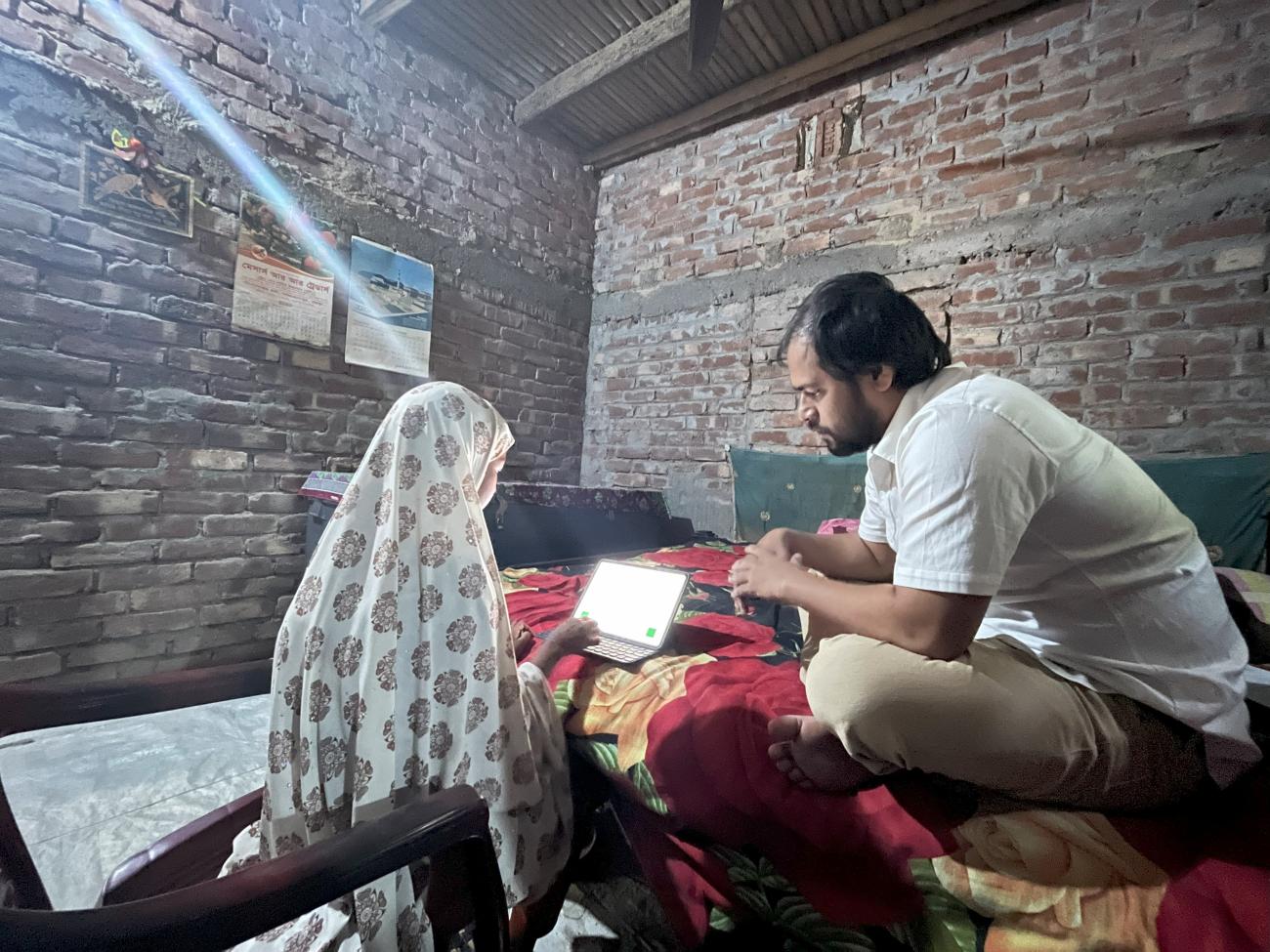
An assessor works with a child in Bangladesh. New guidelines developed by the Global Executive Function Initiative at Stanford provide recommendations to better capture EF skills in children ages 3-12 around the globe. (Photo: Ishita Ahmed)
Scaling up guidance
The guidelines developed by Obradović and her GEFI colleagues grew, in part, from seeing a need to scale up and standardize the ad hoc guidance she’s extended over the years.
Obradović has worked for more than a decade in the Global South, adapting standard EF tasks to the culture of the populations she studies. “Periodically I’ll get emails from researchers asking, ‘Can you send me your tasks?’ or ‘How would you modify this?’ ” Obradović said. “I’m glad to share with anyone, and I’ve always kept everything open-source. But at the end of the day, a lot of these decisions come down to a judgment call, and I wanted to widen the circle of people making those calls, to pool our knowledge and experience.”
In addition to recommendations for making standard EF tasks culturally meaningful, the new guidelines from GEFI include considerations for working with children of different ages and in various spaces, strategies for training assessors, and procedures for processing and analyzing the data. More standardization and transparency in how data is processed will also advance scientific understanding. “We also offer cautionary notes for how not to misinterpret findings,” says Obradović.
Obradović and her colleagues also recently launched a major survey of educators, parents, and researchers around the world, seeking out examples of everyday experiences linked to EF skills – common activities that require children to do things like wait their turn, pay attention, remember lengthy instructions, or work on a project with others. In the United States, for instance, a typical children’s household task that requires focus and persistence could be folding laundry or putting away groceries; in Bangladesh, tying up bundles of rice paddy as part of farm work might be more familiar, or in Malawi, walking to collect water.
GEFI has begun piloting its tools in more than a dozen countries in the Global South, and GSE doctoral students are among the researchers involved in developing and evaluating the resources, including Kavindya Thennakoon working in Sri Lanka, Mateus Mazzaferro in Brazil, and Ishita Ahmed in Bangladesh.
“In rural Bangladesh, children are constantly learning from their parents and using EF skills while they work on the farm or at a local business,” said Ahmed, whose doctoral research is focused on developing culturally relevant measures of learning, particularly in low- and middle-income countries. “Measuring these skills is important, to shed light on how policy is effective. But I’m not going in with assumptions about what the measure should look like. Measures should represent local experiences.”
By advancing research into ways to measure these skills in different cultural settings, Obradović hopes that GEFI’s work will help identify programs and policies to support EF development worldwide.
“We need rigorous, open-source, scalable assessments to understand all children’s learning capacities and needs – not just those in Western, high-income countries,” she said. “There’s much more work in this space to be done.”
The Global Executive Function Initiative at Stanford has been supported by funding from the Jacobs Foundation.
Faculty mentioned in this article: Jelena Obradović
